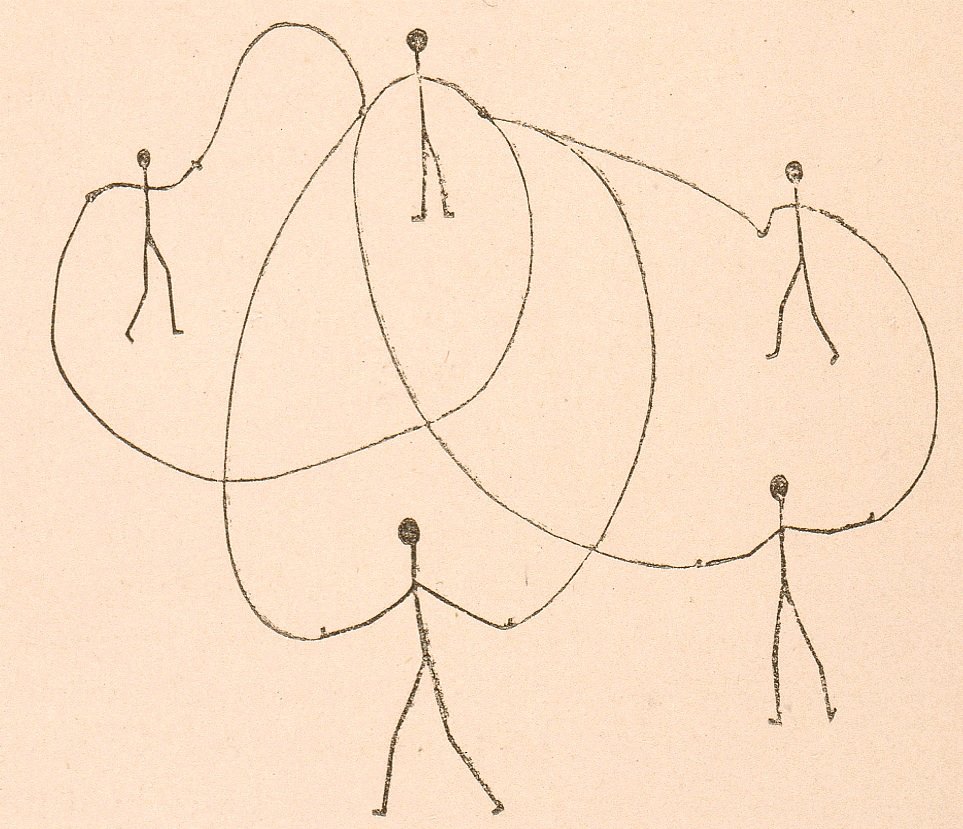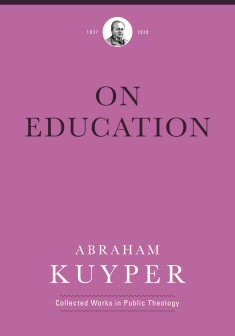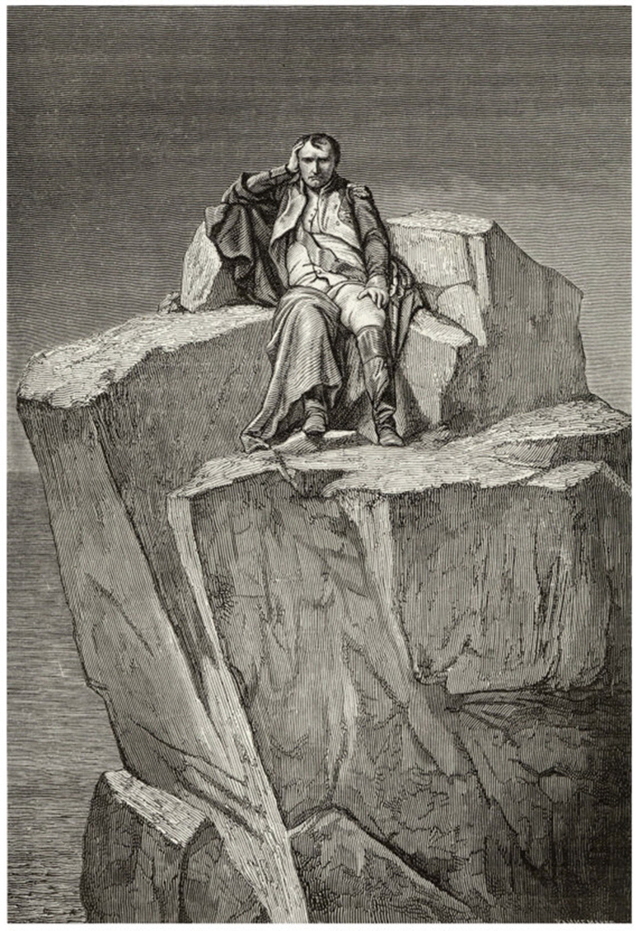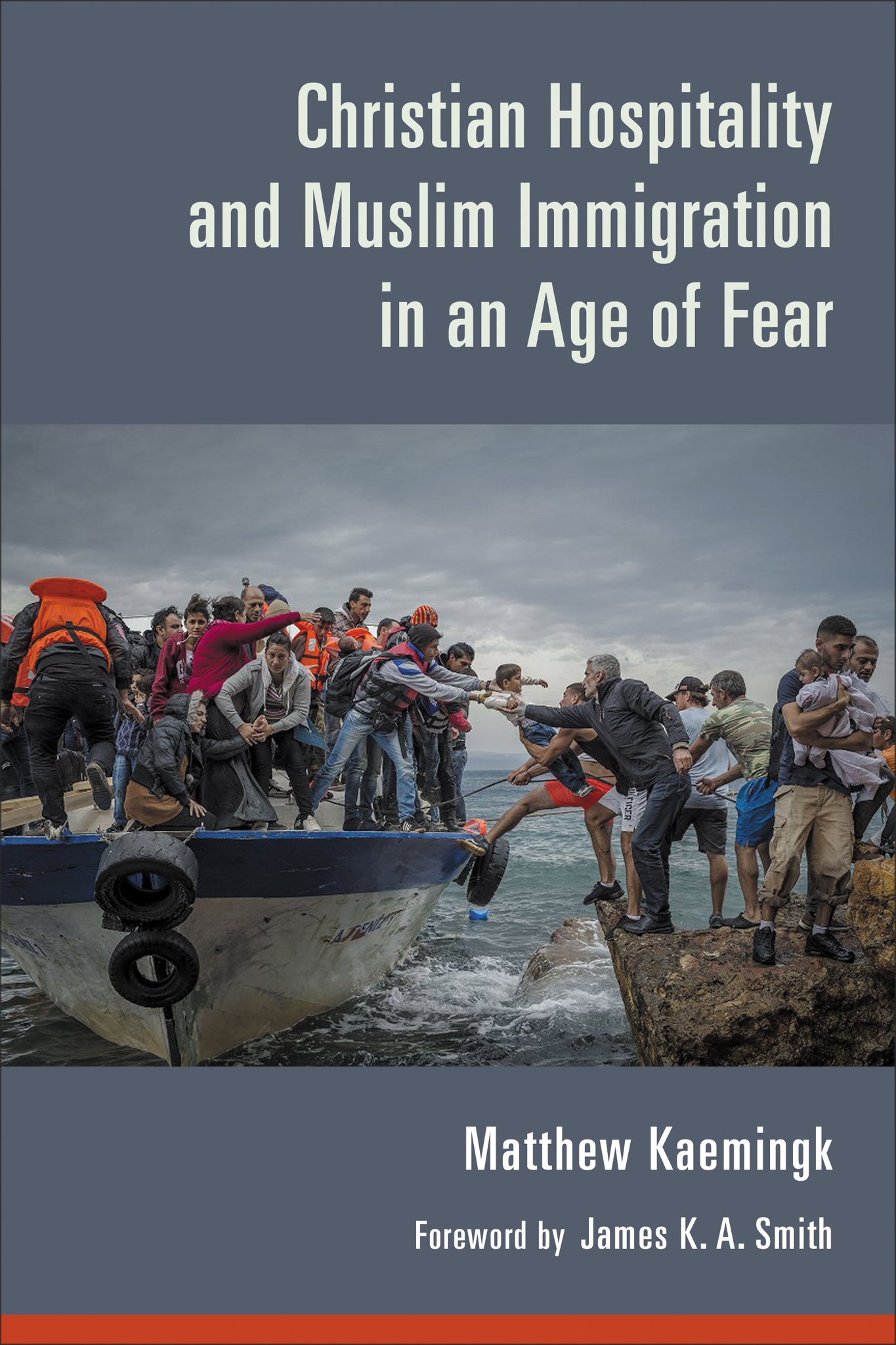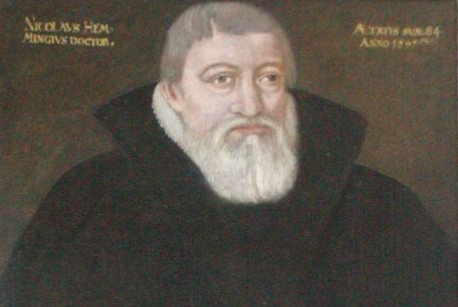
Jordan J. Ballor (Dr. theol., University of Zurich; Ph.D., Calvin Theological Seminary) is director of research at the Center for Religion, Culture & Democracy, an initiative of the First Liberty Institute. He has previously held research positions at the Acton Institute and Vrije Universiteit Amsterdam, and has authored multiple books, including a forthcoming introduction to the public theology of Abraham Kuyper. Working with Lexham Press, he served as a general editor for the 12 volume Abraham Kuyper Collected Works in Public Theology series, and his research can be found in publications including Journal of Markets & Morality, Journal of Religion, Scottish Journal of Theology, Reformation & Renaissance Review, Journal of the History of Economic Thought, Faith & Economics, and Calvin Theological Journal. He is also associate director of the Junius Institute for Digital Reformation Research at Calvin Theological Seminary and the Henry Institute for the Study of Christianity & Politics at Calvin University.
Posts by Jordan J. Ballor
June 20, 2018
Over at Providence today, I say a bit about the Trump administration’s trade policy as well as the President’s rhetoric. Here’s a snip:
A sober defense of free trade aspires toward freer and freer exchange, even while it recognizes the necessities of incremental improvements and the messiness of politics.
Continue Reading...
June 18, 2018
I saw Incredibles 2 over the Father’s Day weekend, and just like its predecessor, there’s a lot to ponder beneath the surface of this animated film. In the real world we’ve had to wait 14 years, but the sequel picks up basically where the original left off.
Continue Reading...
June 08, 2018
Last month the Acton Institute co-sponsored the 2018 Kuyper Conference hosted by Calvin College & Seminary. Acton’s support of the conference included the organization of a panel discussion on “Faith, Freedom, and Education,” which featured Harry Van Dyke of Redeemer University College, Charles L.
Continue Reading...
May 23, 2018
In this week’s Acton Commentary I take on Thanos’ zero-sum economic worldview as manifest in Avengers: Infinity War. In the classic debate over positivity and normativity in economics, Thanos is definitely not a value-free figure.
Continue Reading...
May 15, 2018
A recent episode of the very fine podcast EconTalk reminded me of one of the more remarkable episodes during my time here at the Acton Institute involving our internship program. The EconTalk episode is about the price of cancer drugs, and the various factors that go into the often astronomical prices of the latest cancer-fighting drugs.
Continue Reading...
May 11, 2018
A few weeks ago The Gospel Coalition ran a review of Jonathan Leeman’s book,
Why Nations Rage: Rethinking Faith and Politics in a Divided Age. A snip:
Leeman’s analysis is guided by a few central convictions.
Continue Reading...
March 23, 2018
Earlier this week at Public Discourse I wrote an essay on the dangers of individualism and collectivism, illustrated with literary samples from C.S. Lewis and Madeleine L’Engle respectively.
I drew the image of an individualist hell from Lewis’
The Great Divorce, citing Napoleon as an eternal exile, not on Elba or Saint Helena but into everlasting perdition.
Continue Reading...
March 09, 2018
Last week I had an essay exploring Abraham Kuyper’s interactions with Islam, focused particularly on his tour around the Mediterranean Sea in the early years of the twentieth century. As I argue,
Throughout his travels, Kuyper was confronted by the diversity, vitality, and comprehensiveness of the Islamic faith.
Continue Reading...
February 28, 2018
In this week’s Acton Commentary I examine the dynamics of marginalization and solidarity in the blockbuster phenomenon Black Panther. As so many commentators have suggested, there’s a lot to this film, and one of the important things it has to offer is a valuable perspective on the underlying unity amidst diversity in humanity.
Continue Reading...
February 27, 2018
One of the more pervasive myths surrounding the Protestant reformations is that they represented a wholesale rupture with the moral traditions that preceded, particularly with respect to natural law. In an influential recent study, for instance, Brad S.
Continue Reading...
